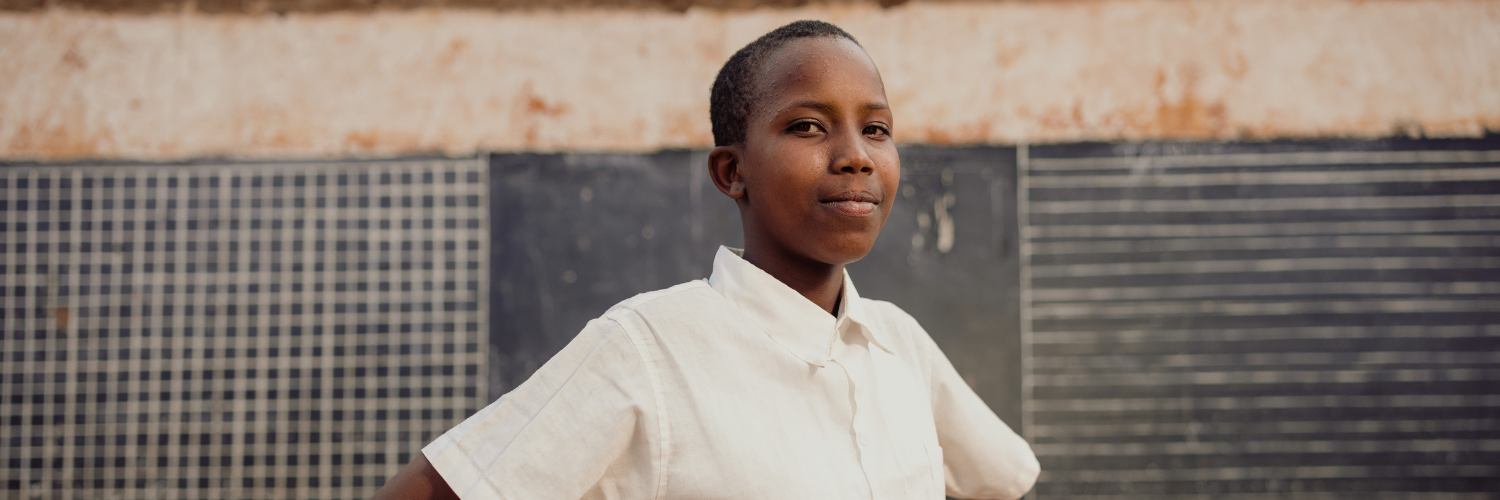For most of her school years, Glory sat in overcrowded classrooms with leaking roofs and ruined exercise books. But the biggest barrier to her learning wasn’t the building, it was what happened when she reached puberty. In her rural community of Endabash, Tanzania, menstruation is taboo. Girls don’t talk to their parents about it. They use scraps of cloth to manage bleeding, often without knowing what’s happening to their bodies. Even if they asked for sanitary pads, most families couldn’t afford them. The school toilets were tiny concrete stalls with no doors, no water, and no way to dispose of pads. There was no privacy, no dignity.

Girls washed their cloths in secret and hid them under mattresses. The unhygienic conditions led to infections. The fear of stains and teasing led to silence. Some girls were so desperate they exchanged sex for pads. Most simply stayed home during their periods, missing days of school every month.

The consequences were serious. Missed lessons turned into missed opportunities. Some girls dropped out. Others were pushed into early marriage. The cycle of shame and lost potential continued.
But in 2021, everything began to change. Through World Vision’s child sponsorship program, Glory’s school received eight new classrooms, a library, and two toilet blocks with doors, water, and incinerators for used pads.

Girls and boys now learn about puberty and reproductive health. Empowerment clubs teach students how to make reusable pads, an essential skill in a community where pads are a financial burden. Youth clubs offer training in tailoring and computer skills, helping children build confidence and income-earning potential.
Sponsorship didn’t just build toilets. It built understanding. It built dignity. It built futures.
Today, Glory is top of her class. She no longer misses school. And she’s part of a growing movement of girls who are rewriting what it means to grow up in Endabash.
